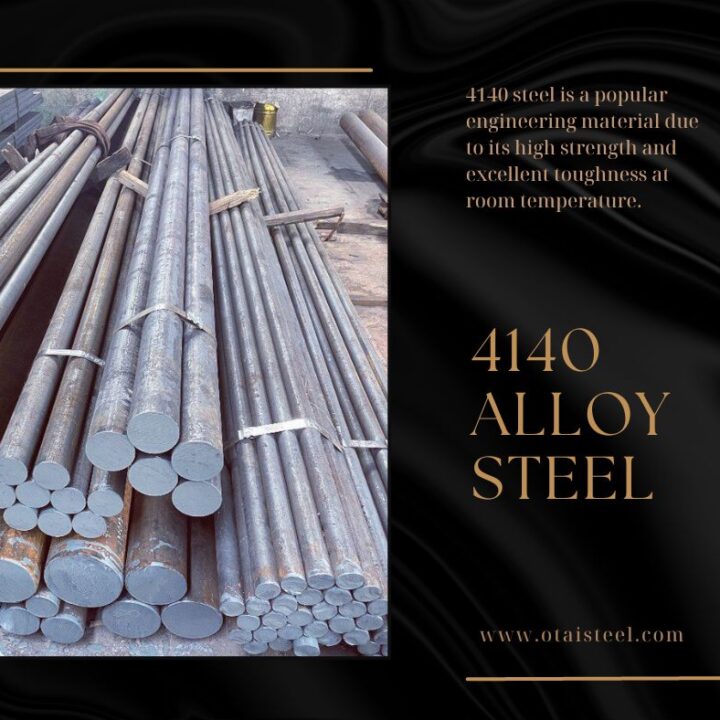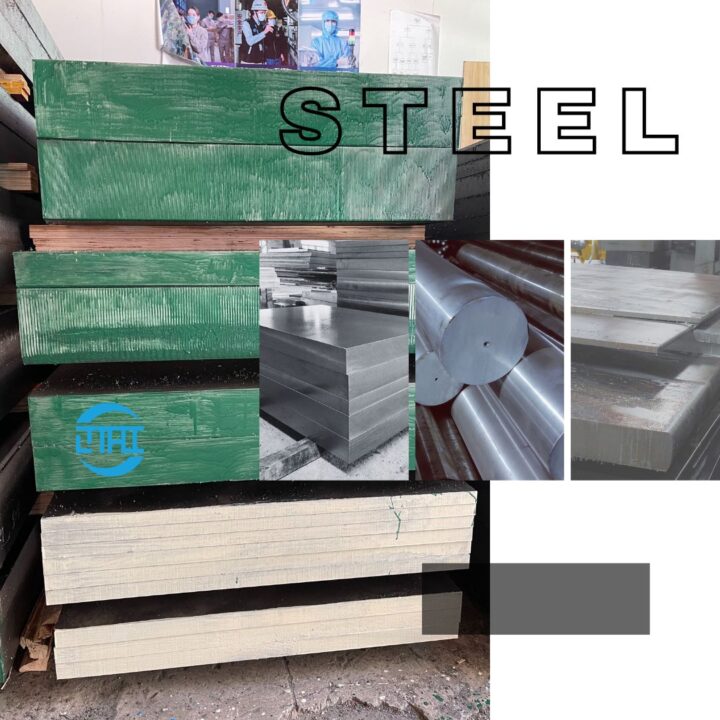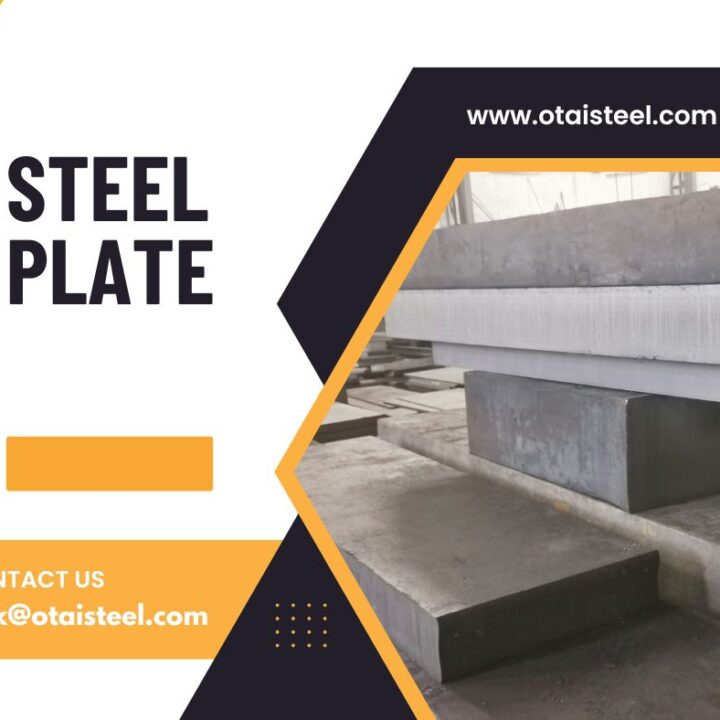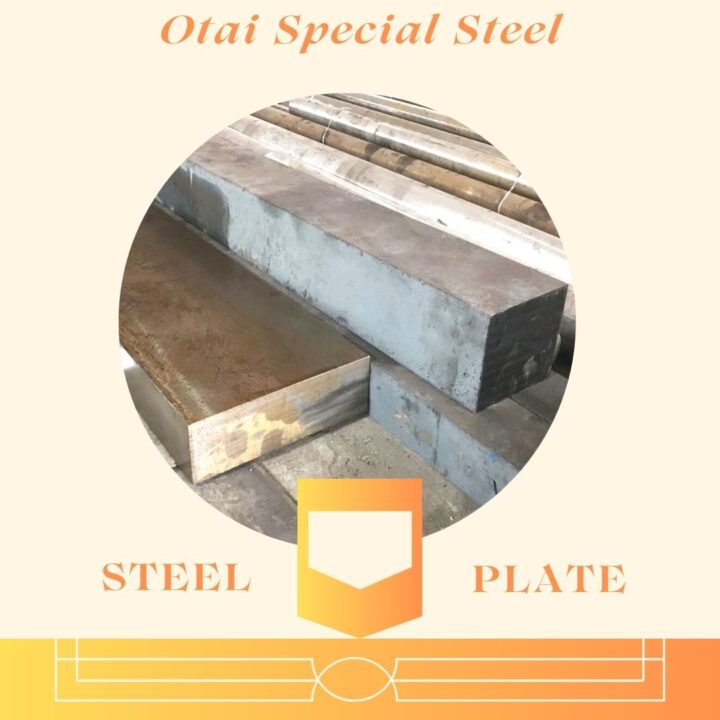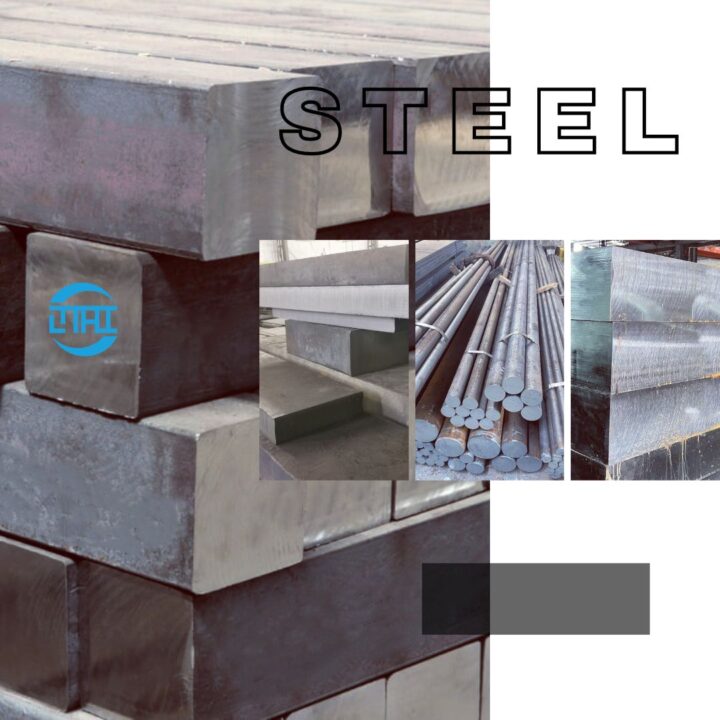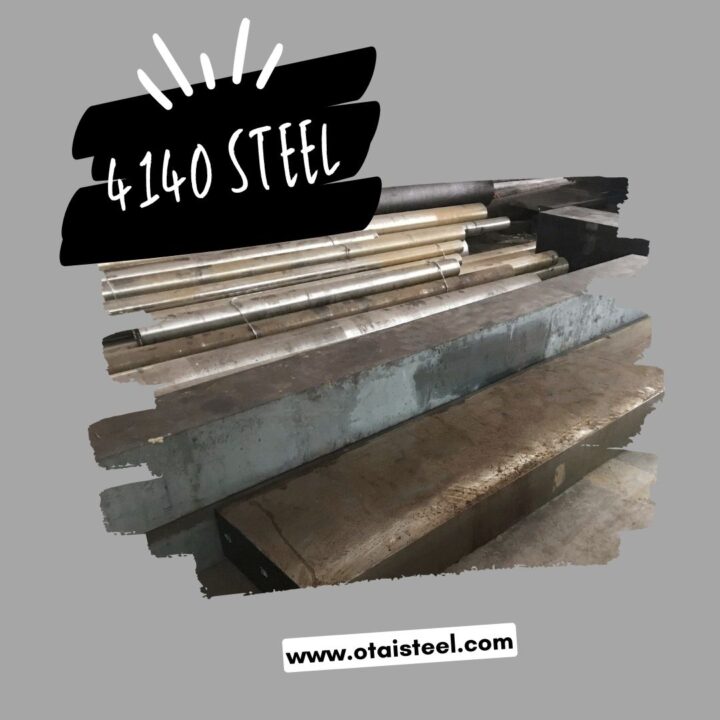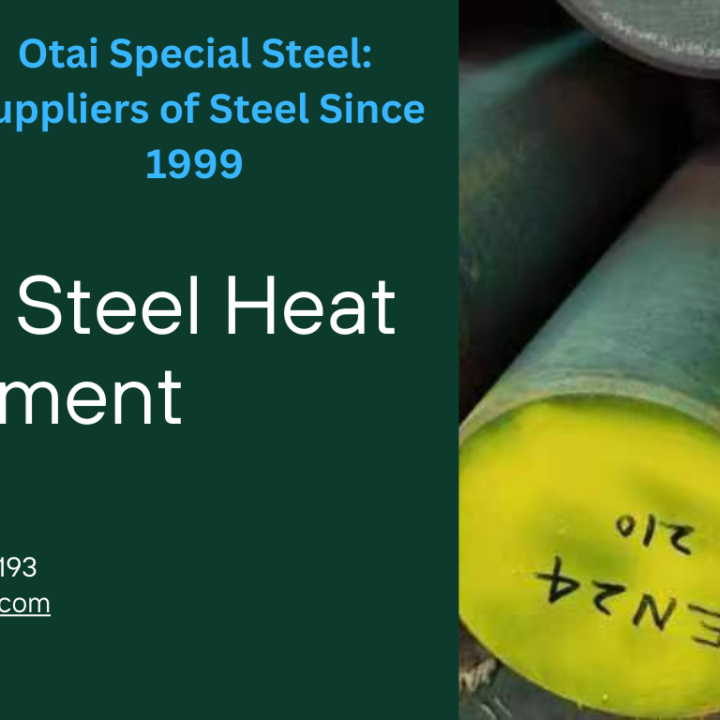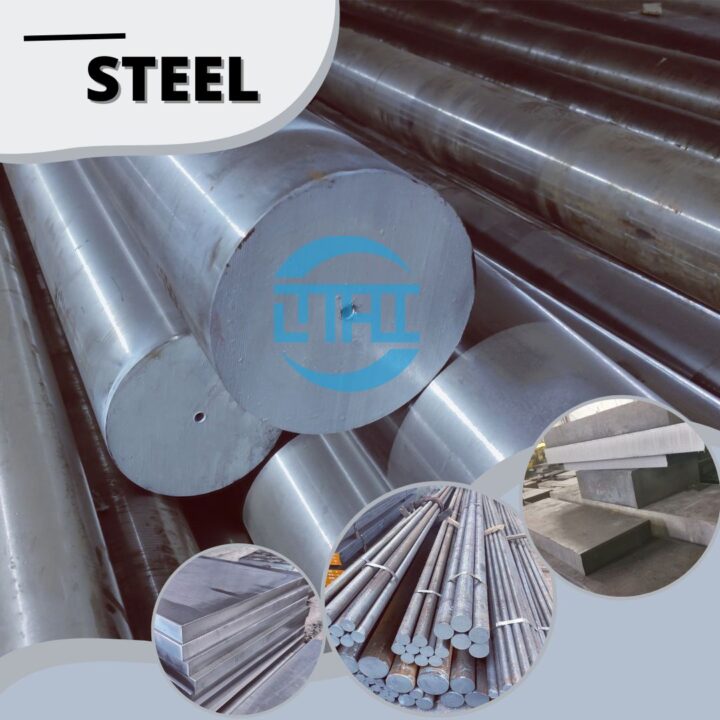In the world of modern manufacturing, materials play a pivotal role in shaping industries and driving innovation. One such material that stands out is 4140 steel. With its exceptional properties and versatility, 4140 steel has become a cornerstone in various sectors, revolutionizing the way products are engineered and produced. (4140 Steel Shapes)
Understanding 4140 Steel: Composition and Characteristics
Composition for Strength and Durability
4140 steel is a versatile alloy known for its excellent combination of strength, toughness, and wear resistance. It is primarily composed of iron, carbon, chromium, and molybdenum, all of which contribute to its exceptional mechanical properties. The carbon content, typically ranging from 0.38% to 0.43%, grants the steel its robustness.
Exceptional Hardness and Heat Resistance
One of the defining features of 4140 steel is its remarkable hardness. The addition of chromium and molybdenum enhances its heat resistance, making it an ideal choice for applications involving high temperatures. This property is particularly valuable in industries such as aerospace and automotive manufacturing.
Applications across Industries
Aerospace Innovation: Strong and Lightweight Components
In the aerospace industry, weight reduction is paramount without compromising structural integrity. 4140 steel’s high strength-to-weight ratio makes it an invaluable material for crafting aircraft components. From landing gear to engine parts, the steel contributes to fuel efficiency and overall performance.
Automotive Advancements: Enhanced Safety and Efficiency
In the automotive sector, safety and efficiency are driving forces behind technological advancements. 4140 steel’s toughness and impact resistance make it suitable for producing critical components like axles, crankshafts, and transmission gears. Its ability to withstand extreme conditions contributes to vehicle longevity and passenger safety.
Energy Sector Excellence: Reliability in Harsh Environments
The energy industry, including oil and gas, demands materials that can endure corrosive environments and extreme pressures. 4140 steel’s corrosion resistance and durability make it an optimal choice for components such as drill collars and downhole equipment. This enhances operational reliability and minimizes downtime.
Tool and Die Mastery: Precision Manufacturing
In tool and die manufacturing, precision and longevity are paramount. 4140 steel’s machinability and hardenability make it an excellent candidate for producing molds, dies, and cutting tools. Its consistent properties ensure accurate shaping and extended tool life, contributing to cost-effective production processes.
The Machining Process: Unleashing 4140 Steel’s Potential
Turning and Milling: Creating Complex Shapes
Machining 4140 steel involves various techniques, such as turning and milling. These processes enable the creation of intricate shapes and precise dimensions, vital for industries like aerospace and automotive. The steel’s uniform hardness facilitates consistent material removal, leading to enhanced productivity.
Heat Treatment: Tailoring Properties for Specific Needs
Heat treatment is a crucial step in optimizing 4140 steel’s properties. Through processes like quenching and tempering, manufacturers can tailor the steel’s hardness and toughness to suit specific applications. This customization ensures that the material performs optimally under different stress and wear conditions.
In a world where innovation is driven by materials that push the boundaries of what is possible, 4140 steel stands as a machining marvel. Its composition, characteristics, and versatile applications across diverse industries underscore its significance. From aerospace to energy, and automotive to precision manufacturing, 4140 steel continues to shape the present and future of countless sectors. (4140 Steel Shapes)
